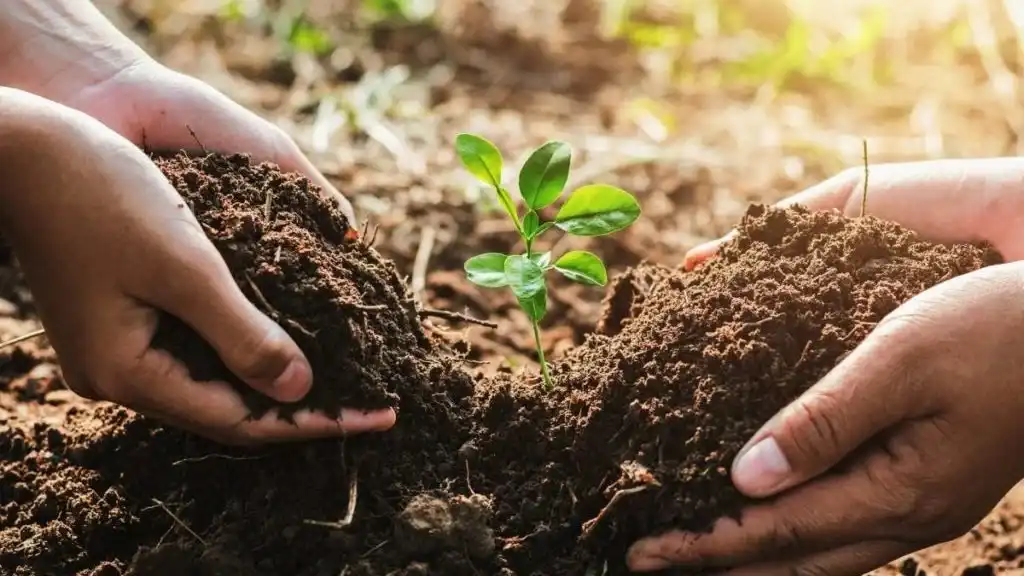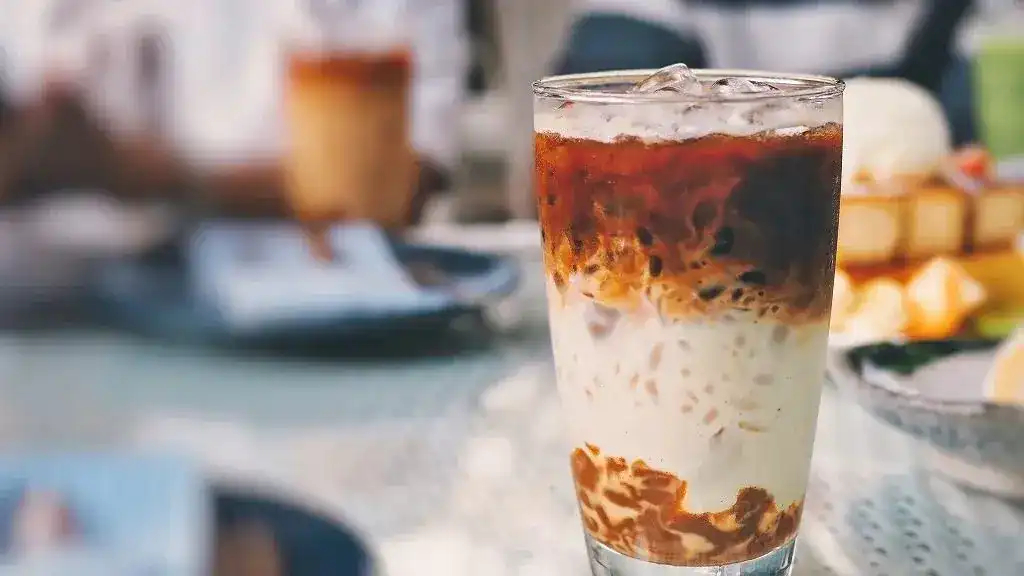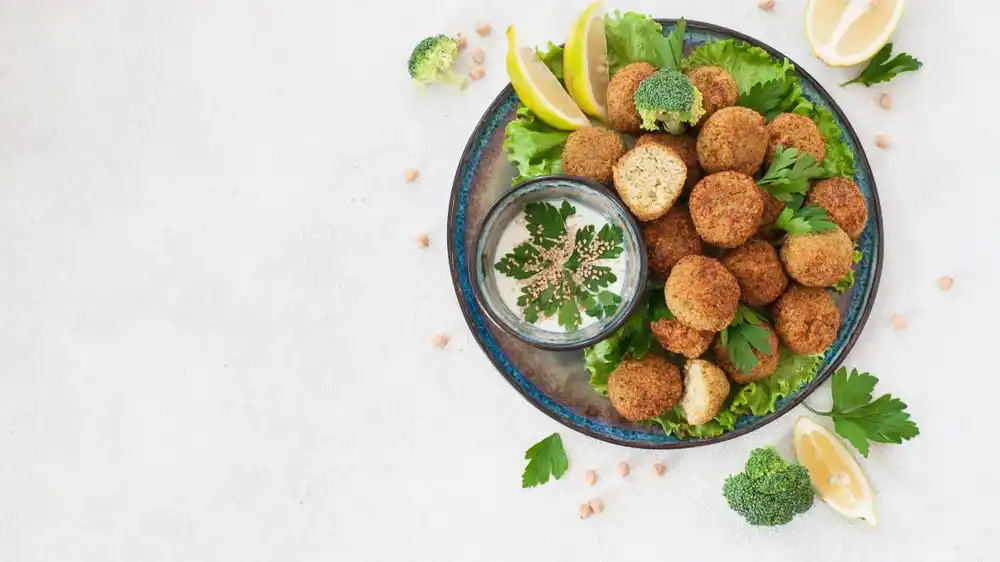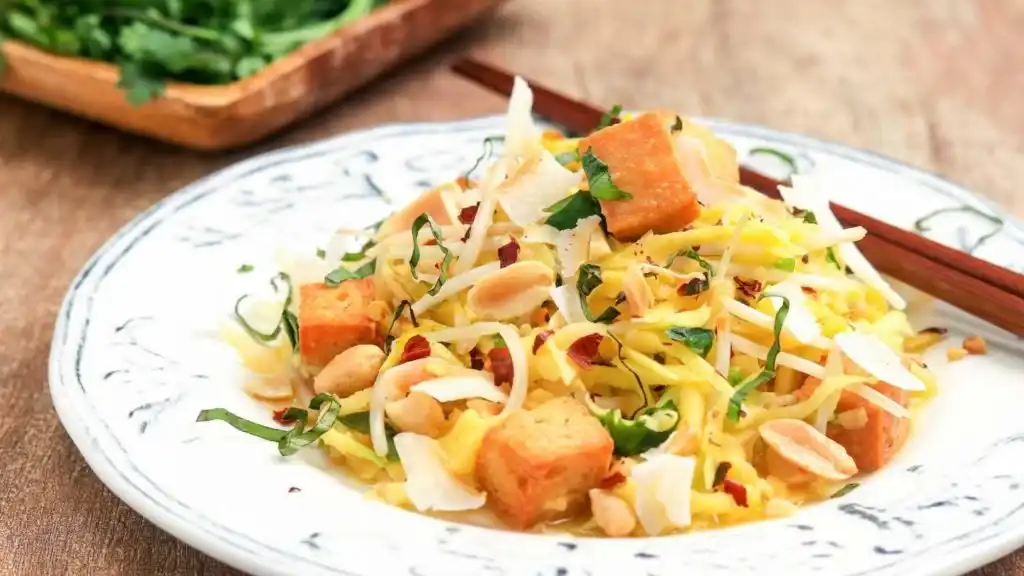For decades now, the agricultural industry has been farming and producing large amounts of crops using a system that is mainly dominated by huge farms that grow the same crops repeatedly over and over again. This farming practise utilises chemical pesticides and fertilisers in enormous amounts which will damage the minerals and pH levels of soil, water, air and climate.
Fertiliser and chemical run-off impact nearby waterways and sources of clean water. In many countries, agriculture is one of the leading sources of pollution. The deterioration and depletion of resources in the environment caused by farming practices make it no longer sustainable in the long run.
Poverty remains one of the reasons why there is over farming and overproduction. For the poor, farming is their only viable option to provide for their livelihood as government offer them subsidies which push down global prices and cause many producers in developing countries to prioritise cutting down costs than environmental impacts.
The agricultural sector utilised about 69 percent of the planet’s supply of fresh water. Conservation measures need to be taken to prevent overconsumption of water and negative impacts on freshwater systems around the globe.
What is Sustainable Farming?
The goal of sustainable farming is to be able to balance society’s needs for food and textile without compromising the environment and ability for future generations to do so as well. It is a complex idea that strives to achieve a few main objectives, including a healthy environment, economic profitability, and social and economic equity. Recently, agricultural companies and non-government organisations have taken a more active part in leading this change from the standard farming practices with a high sense of urgency and creativity as well.
Sustainable Farming Practices
Crop rotation
Rotating the type of crops planted are more beneficial to the environment as this improves soil quality and pest control. Diversity of crops include intercropping, which is growing a mix of different crops in the same area, and complex crop rotation that involves years of planning.
Growing cover crops
During off-season periods, cover crops such as clover or hairy vetch are planted on soil that would otherwise be left bare. These cover crops can protect and improve soil health as they serve to prevent erosions, replenish soil nutrients and help in reducing the number of weeds which will reduce the need for herbicides in the future.
Little to no-tillage
The traditional method of ploughing (or tillage) serve to prepare fields for planting and weed prevention, but in turn, this causes soil loss. Alternative methods that involve no or little ploughing such as inserting the seeds directly into undisturbed fields helps to reduce erosion. Besides, the air quality is also affected during ploughing as soil flies up into the air and may cause health problems.
Integration of livestock and crop
Diversity can be achieved optimally with the practice of both livestock and crops in the same farm. This can be done by first growing row crops on flatlands or forages on steeper slopes. Pasture crops and forage crops that are grown in rotation helps to enhance soil quality, and livestock manure helps to improve the fertility of soil. Livestock also helps to reduce lost by consuming crop residue during low rainfall periods where crops are grown in “plant only farms” are considered failures.
Integrated pest management
Farmers should use a range of pest control methods as an alternative to chemical pesticides or herbicides. For instance, the usage of biological and mechanical methods. These methods can be applied systemically and can help to reduce the need for chemicals that will harm the environment.
Currently, much effort is still needed to change from the old agricultural practices to more sustainable ones. You can find out more by reading more about what other countries are doing to help increase the awareness of sustainable farming.




